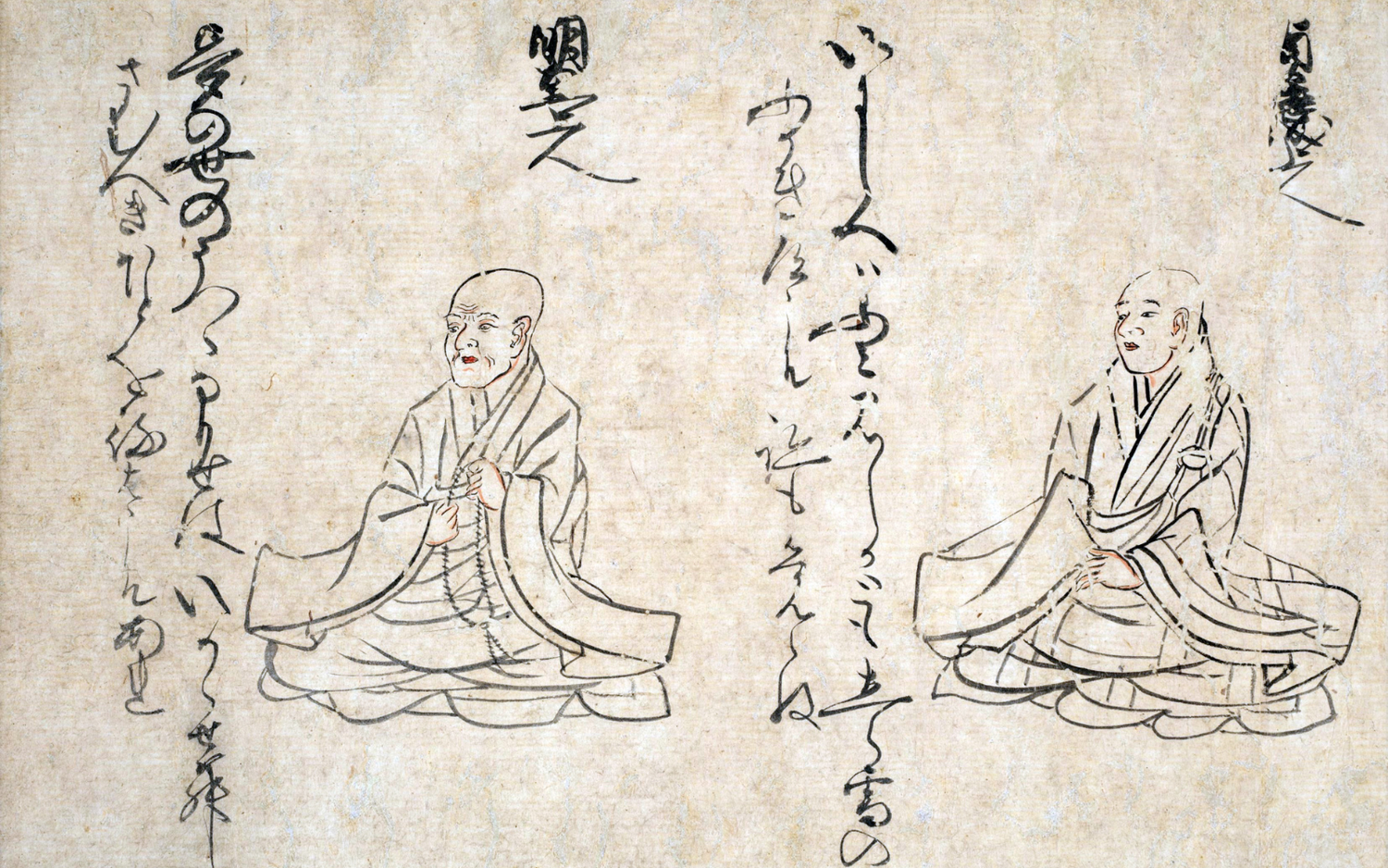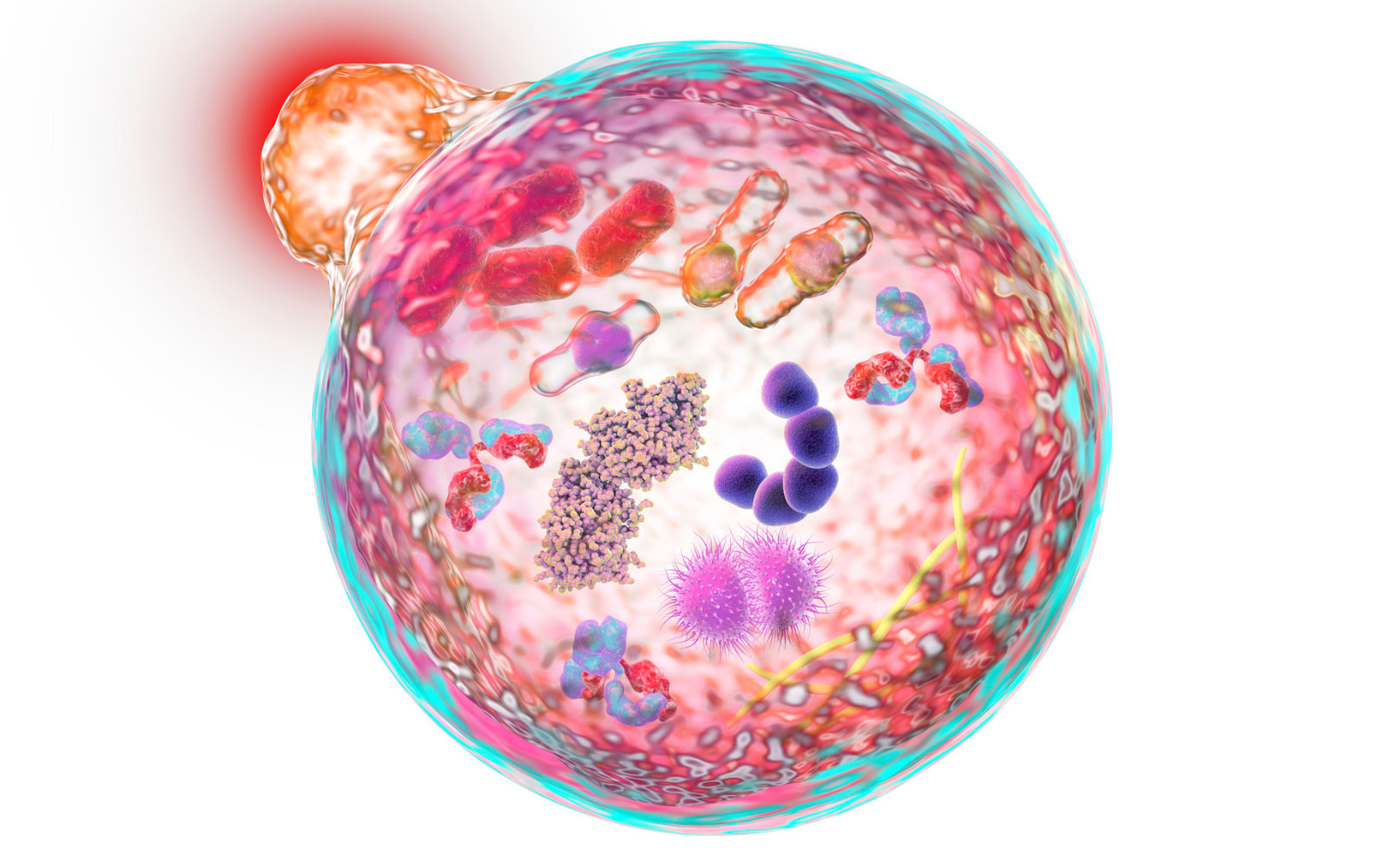In the 28th scroll of Ishinhō, or the ‘heart of medical prescription,’ there are instructions for the creation and preservation of jingqi (the life force), with a focus on sexual energy. The Imperial Family of Japan and its physicians have preserved this treasure of oriental medicine for over 1000 years, though the ideas are thought to be more than 2000 years old. One of the longevity exercises prescribed in this scroll is for male arousal without ejaculation. What did the Japanese intuitively know? It would take many hundreds of years for modern science to come up with a potential explanation.
The origin story of sperm-i-dine
Anton van Leeuwenhoek, the microscopy pioneer, described crystals in human semen in 1678, and named them spermine and spermidine. A few hundred years later, these crystals, now called polyamines, are known to be produced in every cell in the human body, not just sperm; and spermidine is known to have a multitude of health promoting effects, chief among them the promotion of autophagy [1], our body's vital cell renewal and recycling process that declines with age. The mechanism of action for autophagy was discovered by Ohsumi Yoshinori, a Japanese scientist.
Is seminal retention the answer?
Our Founder & CEO, Leslie Kenny, postulates that arousal without ejaculation would mean that the practitioner would “resorb his own spermidine and thereby benefit from a boost in cellular autophagy and the resulting beneficial biological effects.”
Whether or not a man chooses to preserve his life force in this way, spermidine remains a key component of ejaculate. We now know more about the role it plays there. For example, polyamines, spermidine among them, appear to function in promoting sperm motility [2]. Additionally, the seminal fluid or plasma of infertile men has been found to have much lower levels of polyamines suggesting a relationship between virility and the maintenance of spermidine levels [3].
The role spermidine and other polyamines play in female fertility and reproduction, however, appears just as significant. Polyamines play a role in the following: “activation of development of blastocysts, implantation, placentation, fetal growth, and development required for the successful establishment and maintenance of pregnancy in mammals” [4]. The action doesn’t end with pregnancy.
Where else is spermidine found in the body?
Spermidine & spermine in breast milk
Breast milk too has been found to have high levels of spermidine and spermine. The neonatal small intestine is immature and maturation occurs during the breastfeeding and weaning process; the contents of breast milk, then, is incredibly important. Polyamines in breastmilk—highly influenced by the mother’s nutrition—are reported to both “decrease intestinal permeability of macromolecules and reduce the frequency of food allergies in children" [5].
Spermidine & the gut microbiome
Although we have focused thus far on the role that spermidine and other polyamines play in human fertility and reproduction, spermidine is produced by every cell in the body. It is also produced by the gut microbiota, a combination of bacteria, archaea, and viruses that have evolved with us to support many physiological functions like nutrient digestion and absorption, protection against pathogens, and production of essential metabolites. Levels of spermidine in the body are determined by cellular and gut microbe production, the food or supplements we ingest, and how much we excrete in urine and, for men, sperm. As we age, the amount of spermidine produced by our cells and gut decreases and the need for dietary sources increases.
How to increase your spermidine levels
Spermidine in food
There is particularly high spermidine content in natto, a fermented soybean dish native to Japan. Daily intake of 50 to 100g of natto over a 2-month period was shown to significantly increase the polyamine content of volunteers. Unfortunately, it is time-consuming to make and hard to find (depending on where you live); additionally, it has a unique smell, texture and taste that can put off even the hardiest of longevity enthusiasts. Spermidine can also be found elsewhere in Japanese cuisine like shiitake mushrooms, which accompany most noodle dishes, and other products derived from soy beans like soy sauce and soy miso. Other foods high in spermidine include fruits like oranges and grape fruit, vegetables like pumpkin, and cheese.
If consuming 50 to 100 g of natto is not in the cards for you, spermidine levels can be maintained through food-derived spermidine supplements.
Spermidine Supplements
Given Japanese scientific authority on autophagy and cellular renewal combined with their historic love of a variety of spermidine-rich foods, Japan is an obvious place to look. There are a few spermidine supplements on the market, but we believe Primeadine is the best. Being food-derived, Primeadine contains not only spermidine but also the other beneficial polyamines mentioned in this article, including spermine and putrescine. Putrescine is a precursor to spermidine, helping the body produce more, and spermine helps with DNA methylation. We also add a prebiotic to feed the spermidine-producing bacteria in the gut biome, again potentiating your body's ability to produce it itself.
It is carefully extracted in Japan using a precisely controlled drying method. Then, it's tested once in Japan and again by a third party for purity and heavy metals in the United States. It’s encapsulated in our Good Manufacturing Practices (GMP)-certified plant in the US using vegan capsules. More on our Quality and Testing protocols here.
References
2. Pavine L. C. Lefèvre, Marie-France Palin, Bruce D. Murphy, Polyamines on the Reproductive Landscape, Endocrine Reviews, Volume 32, Issue 5, 1 October 2011, Pages 694–712, https://doi.org/10.1210/er.2011-0012
4. Zhang, Y., Bai, J., Cui, Z. et al. Polyamine metabolite spermidine rejuvenates oocyte quality by enhancing mitophagy during female reproductive aging. Nat Aging 3, 1372–1386 (2023). https://doi.org/10.1038/s43587-023-00498-8





Leave a comment
All comments are moderated before being published.
This site is protected by hCaptcha and the hCaptcha Privacy Policy and Terms of Service apply.